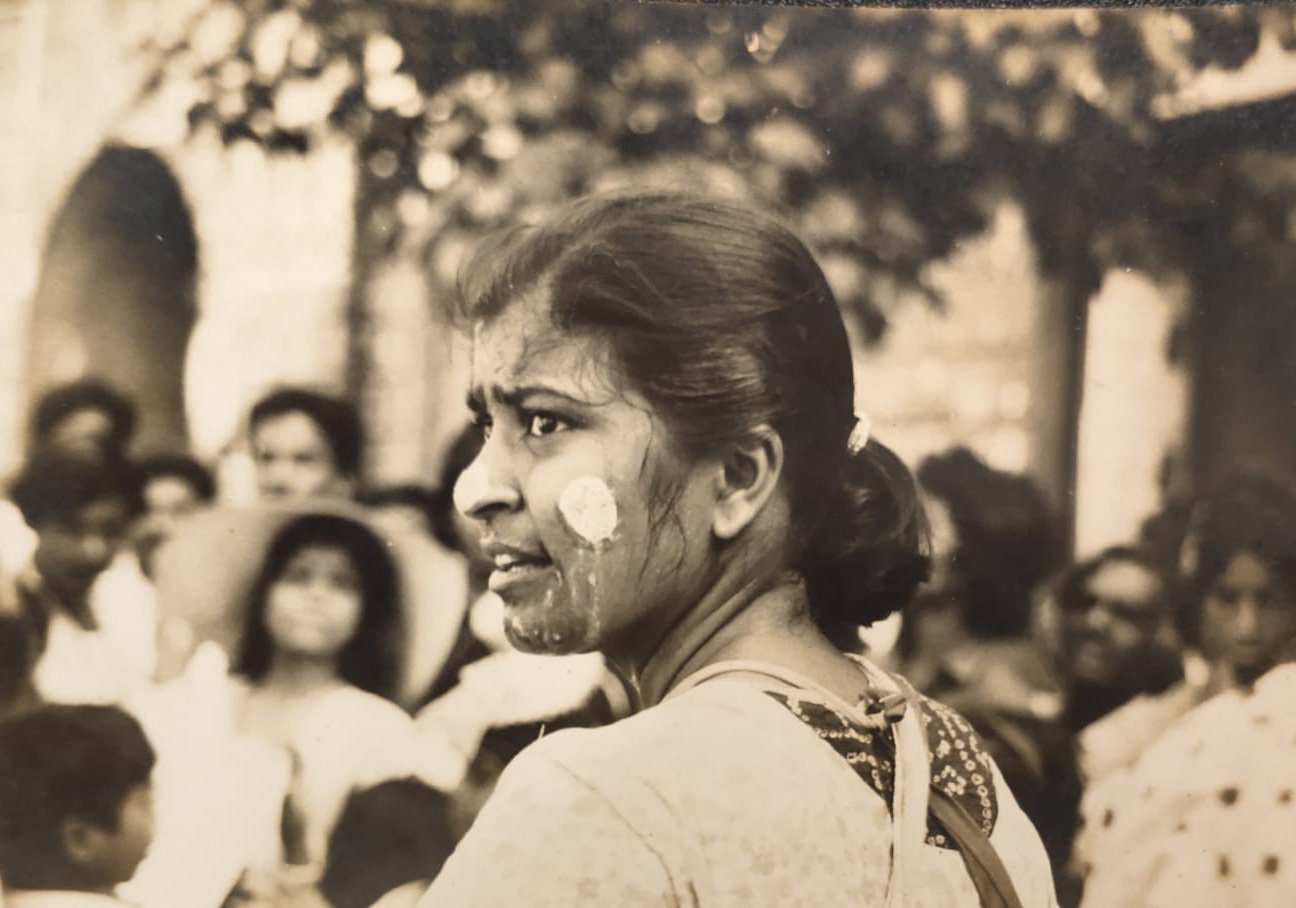Indian educational institutions have not been the most progressive places in the country, as they should have been, especially institutions that deal with STEM. The Indian Institution of Technology is no different.

And while today things are better, this wasn’t the case in the 70s and the 80s, where women barely made it to the IITs. This is one such story of how women in IIT Bombay, were so repelled by the sexism they faced on campus that they would rebel and change the face of Indian science forever.
It’s time for another 🧵
— Fifty Two (@FiftyTwoDotIn) May 18, 2022
IIT GIRLS: How women students at IIT Bombay in the 70s were radicalised by the sexism they faced on campus. And went on to change science in India forever. pic.twitter.com/EGy4PZVgmq
1979
— Fifty Two (@FiftyTwoDotIn) May 18, 2022
Women students organised and painted over the ‘Ladies’ in the signage across campus. They refused to use ‘Ladies’ Hostel’ in any communication.
The name was officially changed to Students Hostel 10. pic.twitter.com/v4Ib3FaPkO
The women drafted their own set of rules, to replace stifling hostel regulations. IIT accepted.
— Fifty Two (@FiftyTwoDotIn) May 18, 2022
That was perhaps the first time in the history of IIT-B that a group of students self-drafted a set of rules that eventually became official.
Two hundred women gathered at a dharamshala in Bombay’s Khar area for this momentous meeting—including women students from IIT-B.
— Fifty Two (@FiftyTwoDotIn) May 18, 2022
At the conference, women swapped stories about dealing with perpetrators of sexual violence.
A few years ago, Chayanika and her friends had found a set of pamphlets with a campus security guard.
— Fifty Two (@FiftyTwoDotIn) May 18, 2022
The pamphlet was titled Campus Callgirls, a misogynist take on Campus Call, a left-leaning student magazine.
Students of science are at the mercy of their supervisors and professors in more ways than one. Predatory male professors see all these as tools to blackmail female students.
— Fifty Two (@FiftyTwoDotIn) May 18, 2022
In the absence of due process, the women students discovered the power of collective action.
“Approaching the institution too often might be counterproductive as the institution can put more surveillance and restrict your mobility under the garb of safety. We often had to, and have to, handle these things together.” — @chayanikashah pic.twitter.com/ko2ZELChr2
— Fifty Two (@FiftyTwoDotIn) May 18, 2022
However, they collectively believe that their work is far from over.
— Fifty Two (@FiftyTwoDotIn) May 18, 2022
“We want to change the world.”
This is what Swatija told @queersprings when they asked her what kept her going at the age of 68.
You can read the whole thread here.
This is inspiring as well as heartbreaking to know that women have to fight so much just to get the most basic of rights. These things might have changed in certain places and yes, there have been improvements but only marginally. This is a long fight, and one we all must join.

















